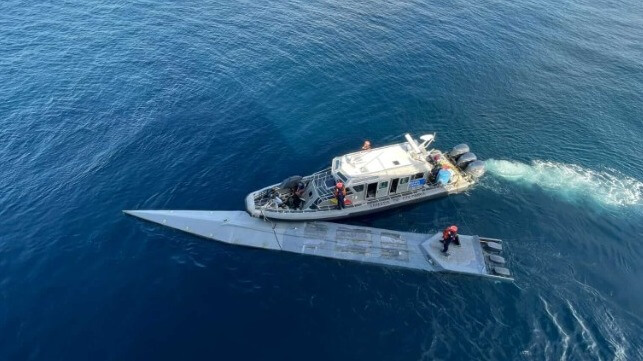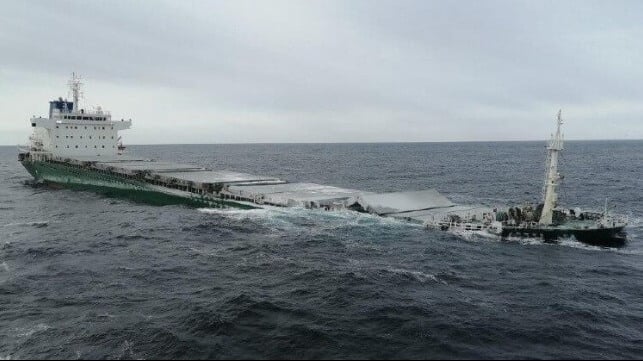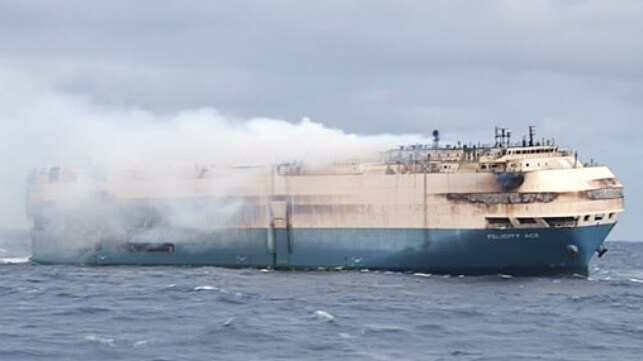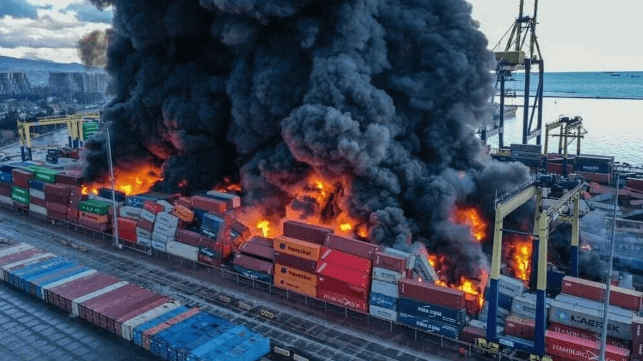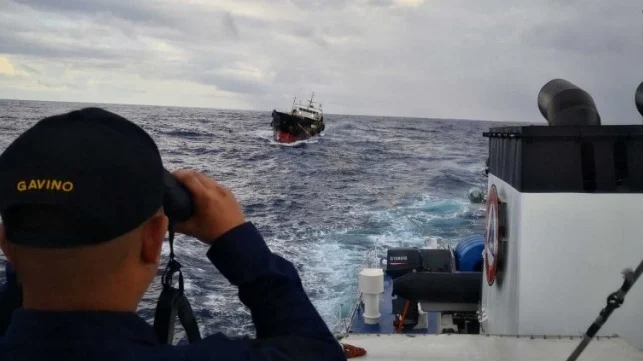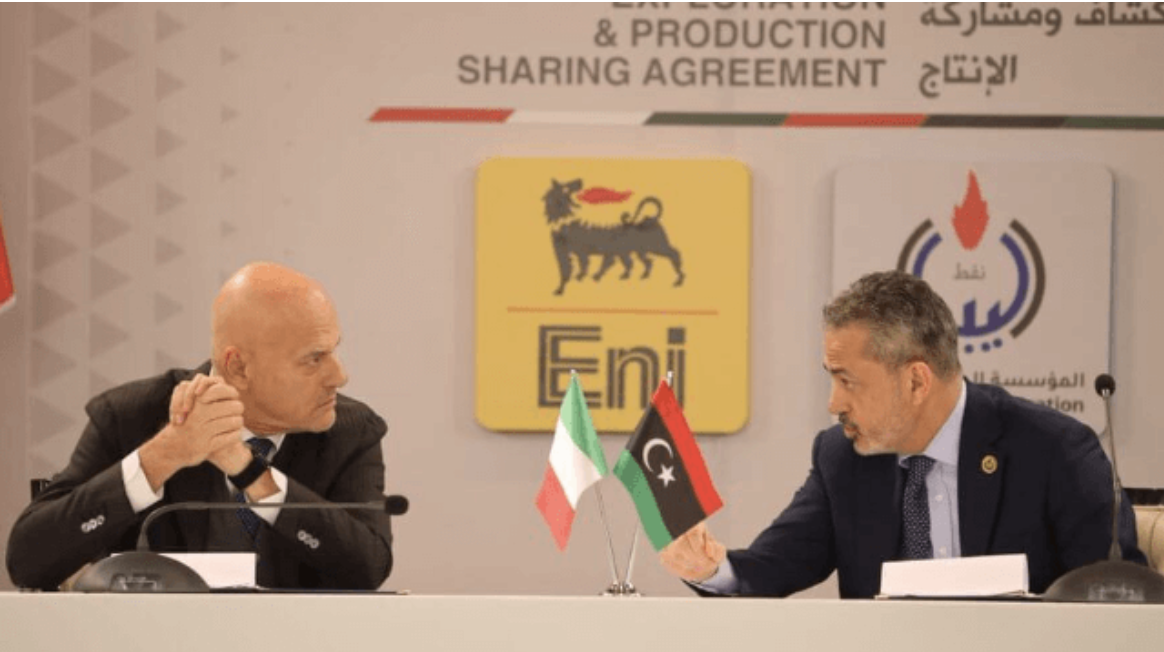


SINGAPORE In a virtual ceremony held , Judge Paik, President of the Tribunal, and Singapore’s Minister for Home Affairs and Minister for Law, Mr K. Shanmugam SC, signed letters on behalf of the Tribunal and Singapore for the adoption of a Model Agreement establishing the terms and conditions under which the Government of Singapore agrees to provide the appropriate facilities for the Tribunal or one of its chambers to sit or otherwise exercise its functions in Singapore. Singapore’s Senior Minister of State, Ministry of Law and Ministry of Health, Mr Edwin Tong SC, and the Registrar of the Tribunal, Ms Ximena Hinrichs Oyarce, were also present to witness the adoption.
Further to a joint declaration signed by the President of the Tribunal and the Permanent Secretary of the Ministry of Law of Singapore on 31 August 2015, which expressed support for Singapore becoming a potential venue for proceedings in cases before the Tribunal or a special chamber of the Tribunal to settle disputes relating to the law of the sea, negotiations on the terms and conditions of the Model Agreement were held between the Registry of the Tribunal and the Ministry of Law of Singapore.
Article 1, paragraph 2, of the Tribunal’s Statute establishes the seat of the Tribunal in the Free and Hanseatic City of Hamburg in the Federal Republic of Germany. Pursuant to paragraph 3 of that same article, the Tribunal may sit and exercise its functions elsewhere, whenever it considers this desirable. The Model Agreement enables the Tribunal or one of its chambers to implement the latter provision.
During the ceremony, the President expressed his sincere gratitude to the Government of Singapore for its excellent cooperation, stating that “[T]hanks to the detailed arrangements set out in the Model Agreement, States desirous of resolving their disputes through referral to the Tribunal or a chamber of the Tribunal are welladvised to consider Singapore as a viable venue for proceedings.”
President Paik also stated that “[T]he proactive stance on the part of the Tribunal to enter into such agreements is a testament to its capacity and willingness to swiftly adapt to ever-changing times whilst offering a flexible mechanism for the settlement of law of the sea disputes.” He added that the current COVID-19 pandemic causes the Tribunal to be innovative and explore methods utilizing modern technology that would enable it to operate effectively despite wide-ranging restrictive measures taken around the world.
In his statement, Minister Shanmugam noted that “Singapore is the first country to have a model agreement for proceedings before the Tribunal or a chamber of the Tribunal to take place outside the Tribunal’s headquarters”, and that “we are honoured to have the opportunity to host Tribunal hearings and thus contribute to the important work of the Tribunal.”
Minister Shanmugam also stated that “the Model Agreement reaffirms Singapore’s commitment to the international rule of law and the peaceful settlement of disputes and is an endorsement of Singapore as a neutral venue for the effective settlement of international disputes.”
About the International Tribunal for the Law of the Sea
The International Tribunal for the Law of the Sea is an independent judicial body established by the 1982 United Nations Convention on the Law of the Sea (UNCLOS) to hear any dispute concerning the interpretation or application of UNCLOS. Singapore became a party to UNCLOS on 17 November 1994. Currently, there are 168 parties to UNCLOS, which comprise 167 States and the European Union.
About the Ministry of Law of Singapore
The mission of the Ministry of Law of Singapore (MinLaw) is to advance access to justice, the rule of law, the economy and society through policy, law and services. MinLaw drives legal reforms, oversees the policy for development, promotion and regulation of Singapore’s legal sector, and advances Singapore’s national interests through international legal policy and cooperation. In addition, MinLaw regulates moneylending and pawnbroking, licenses law practices, registers foreign-qualified legal practitioners, supervises precious stones and metal dealers, and provides community legal services such as legal aid, community mediation, insolvency administration, and public trustee services. MinLaw also oversees land policy and administration, and the development of Singapore’s intellectual property sector supported by its statutory boards.







